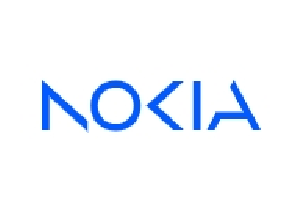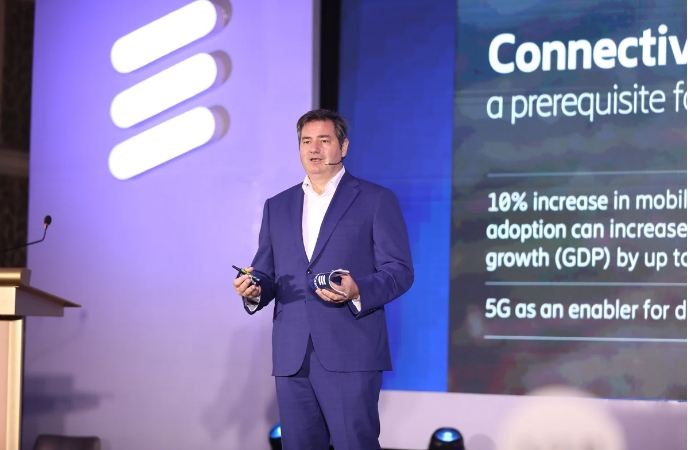Nvidia pledges US-made AI chips
Nvidia said it has started building its Blackwell chips for AI computing at TSMC's chip plants in Phoenix, Arizona.
The company added that it plans to expand the effort to additional plants in Texas, with Foxconn in Houston and with Wistron in Dallas. The company said "mass production" at the locations would ramp up in the next 12-15 months.
"Within the next four years, Nvidia plans to produce up to half a trillion dollars of AI infrastructure in the United States through partnerships with TSMC, Foxconn, Wistron, Amkor and SPIL," the company said in a statement.
"The engines of the world's AI infrastructure are being built in the United States for the first time," said Nvidia CEO Jensen Huang in a statement. "Adding American manufacturing helps us better meet the incredible and growing demand for AI chips and supercomputers, strengthens our supply chain and boosts our resiliency."
Why it matters
Nvidia's Blackwell chips, launched last year, are viewed as critical for high-performance AI computing – an area that seems increasingly critical to the telecom industry and the US economy more broadly.
Nvidia's chips may eventually play a major role in telecom networks of the future.
But telecom is just one industry that could be impacted.
"Generative AI is going to reinvent virtually every customer experience we know, and enable altogether new ones about which we've only fantasized," wrote Amazon CEO Andy Jassy in the company's new letter to shareholders.
Jassy continued: "The early AI workloads being deployed focus on productivity and cost avoidance (e.g. customer service, business process orchestration, workflow, translation, etc.). This is saving companies a lot of money. Increasingly, you'll see AI change the norms in coding, search, shopping, personal assistants, primary care, cancer and drug research, biology, robotics, space, financial services, neighborhood networks – everything. Some of these areas are already seeing rapid progress; others are still in their infancy. But, if your customer experiences aren't planning to leverage these intelligent models, their ability to query giant corpuses of data and quickly find your needle in the haystack, their ability to keep getting smarter with more feedback and data, and their future agentic capabilities, you will not be competitive."
As tensions between the US and China escalate, the importance of manufacturing AI chipsets within the US is growing, given China's long-standing role in complex manufacturing.
Reshoring
Nvidia's new announcement is the latest in a years-long trend to shift some critical manufacturing back into the US. For example, President Trump during his first term touted a deal with Taiwan–based TSMC for a $100 billion investment into US chip manufacturing facilities. And President Biden during his subsequent term signed the CHIPS Act to funnel $53 billion for chipmakers to move production to the US.
trend has played out in the telecom industry too. For example, companies including Adtran, Ciena, Cisco, Nokia, Vecima and others have worked to bolster their US manufacturing capabilities in order to score access to the US government's $42 billion Broadband Equity Access and Deployment (BEAD) program.
And in the wireless industry specifically, companies including JMA Wireless and Ericsson have built manufacturing plants in the US, in part to score sales to the US Department of Defense (DoD).
Tariff 'chaos'
But the timing of Nvidia's new US-built Blackwell chip announcement is probably intentional.
During the past few weeks, Trump has threatened and then rescinded massive tariffs on all imports, with the goal of expanding US-based manufacturing.
The overall uncertainty created by that strategy at one point wiped out $10 trillion in US stock market value. Stocks have been recovering in recent days after some tariffs were canceled.
The latest: Tariffs appeared certain on some Chinese-built electronics until Trump again announced a surprise temporary exemption that may affect smartphones, computers and some other electronics. If the iPhone escapes major tariffs, Apple executives would undoubtedly breathe an iPhone Pro Max-sized sigh of relief.
"Chaos is the strategy," argued analyst Patrick Moorhead, CEO of Moor Insights & Strategy, on social media. He noted that Trump's tariff strategy is intended to keep everyone off balance.





